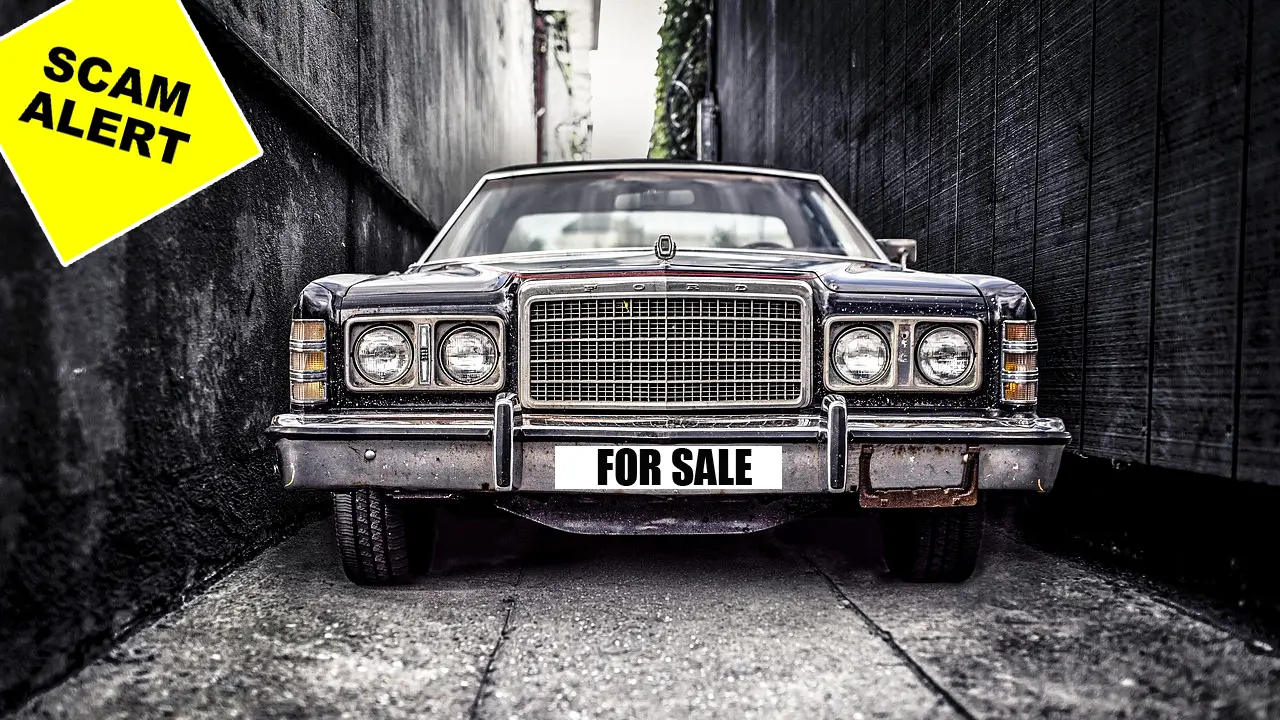Used car buying can be a financial win often resulting in considerable savings over buying a new car. But it can be a draining process fraught with scams and hidden issues. And to make sure that you haggled for the best deal and did not make an expensive mistake here’s a complete guide.
Tips to Buy a Used Car Without Getting Scammed?
Do Your Research
Before shopping for cars figure out what type of vehicles you require. Such as fuel economy, maintenance expenses, insurance costs, and depreciation. Auto sites such as Kelley Blue Book Edmunds and Carfax can assist with cross-referencing price comparisons and finding fair market values for used cars.
Set a Budget
Do not just budget a purchase price budget taxes, registration fees, insurance, and possible repairs as well. If you plan to finance get a pre-approval for a loan to see how much you can afford to spend and to get better interest rates.
Choose a Reliable Seller
The sources for used cars vary and can include dealership types, private sellers, and certified vehicle programs. Each has its pros and cons:
Dealerships: Sell certified pre-owned cars that a vehicle comes with warranties and prices may be higher.
Private sellers: Usually cheaper but more careful to prevent scams
Online marketplaces: There are websites like Craigslist, Facebook Marketplace, and Autotrader but you have to be careful.
Check the Vehicle’s History Report
Always request the vehicle identification number and get a history report through an organization such as Carfax or AutoCheck. It will provide information about prior accident title problem odometer readings and service records. Steer clear of salvage-titled vehicles or those that have been in serious accidents.
Physically Inspect the Car
But you can visually check for possible problems. Check for:
Assess the Exterior and Interior Condition: Check for dents and rust, scratches, mismatched paint, and interior damage.
Tires and Brakes: Check your tires for uneven wear that can be a sign of alignment problems.
Leaks: Check for any leaks of fluids looking under the car.
Dashboard Warning Lights: Check for any check engine or other warning light.
- Audi GT50 Concept: A Loud Reminder of Why Car Enthusiasts Fell in Love With Audi
- Nearly 30% of UK Drivers Believe Car Tax Should Be Based on Mileage — Survey
- Why Planes and Boats Escaped the Luxury Tax But Cars Didn’t
- Australia’s Headlight Confusion: Authorities Warn Drivers After Viral $250 Headlight Rule Goes Wild Online
- 2025 Hyundai Venue Facelift Launched in India – Full Details, Variants, and Price
Test Drive Thoroughly
A test drive is essential in gauging the performance of the car. On the drive:
Watch for:
Engine Performance: Listen for any unusual noises.
Steering and Suspension: Make sure it drives in a straight line, without pulling in one direction.
Braking: Check for smooth, effective braking, and look for vibrations or noise.
Transmission: It should shift smoothly with no hesitations or jerks.
Get a Professional Inspection
Even if the car appears to be in good condition employ a trusted mechanic for a pre-purchase inspection. Many problems from engine troubles to frame damage may not be apparent to the untrained eye. Get forking lucky and only pay 200 bucks at a time from thousands and thousands in time savings in repairs.
Negotiate the Price
You should never accept the first price told to you. Justify your counteroffer with the KBB and Edmunds research you did. Identify any issues or required repairs to get a better deal. But be ready to walk away if the seller refuses to budge.
Verify the Paperwork
Be sure to check that the vehicle has a clean title and that the VIN on the title matches the vehicle. Be wary of title-washing scams, in which sellers hide salvage or rebuilt titles as clean. You can also get a bill of sale and make sure the car is not mortgaged.
Complete the Purchase Safely
If you are with a private seller meet in a safe public place such as a police station or bank. Do not pay cash unless you have to and opt for a cashier check or a secure electronic payment method. When financing, make sure every document is properly signed and you have copies of everything.
Understand the Return Policy and Warranty
When you are in line to buy inquire if the car has any type of warranty. The dealership usually comes with a limited warranty and private sellers usually sell ‘as and for what it is.’ If you are offered a warranty, ask for it in writing to make sure you’re covered for any immediate necropost purchase problems.
Final Thoughts
If done correctly buying a used car can be extremely rewarding. Doing your homework getting pre-purchase inspections and tooled up for negotiation can protect you from scams and help you find a reliable vehicle. If you follow these steps you will be maximizing your chance to get a good deal while minimizing your risk of being scammed or making an expensive mistake.
